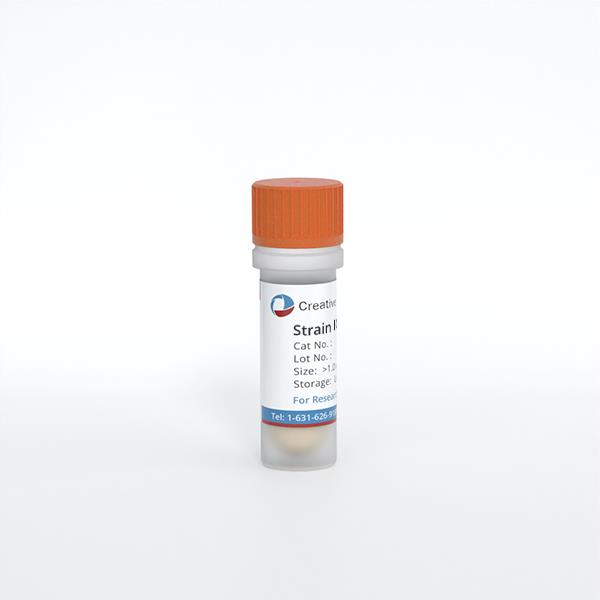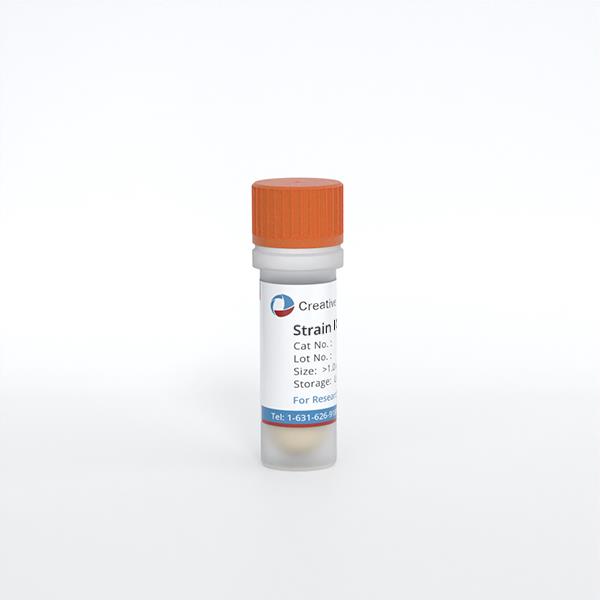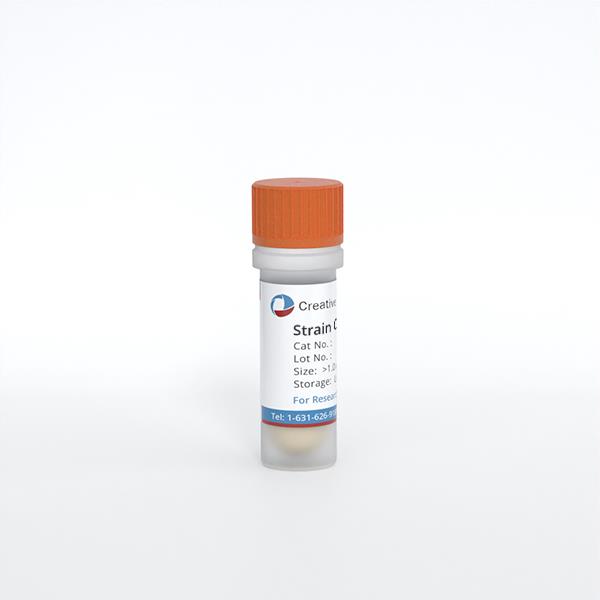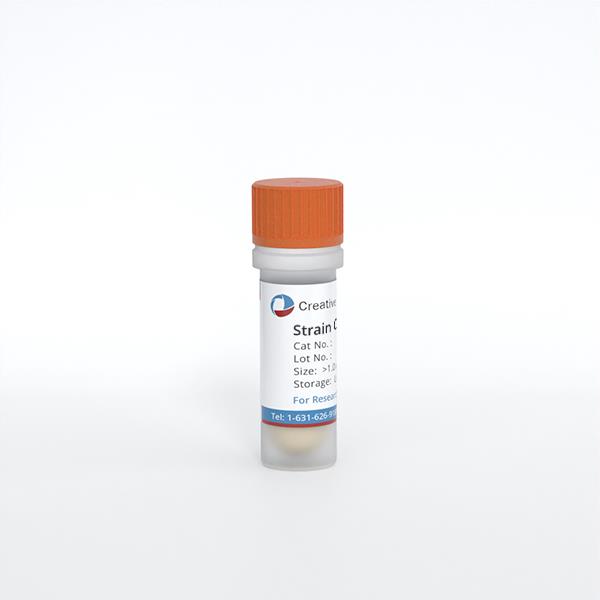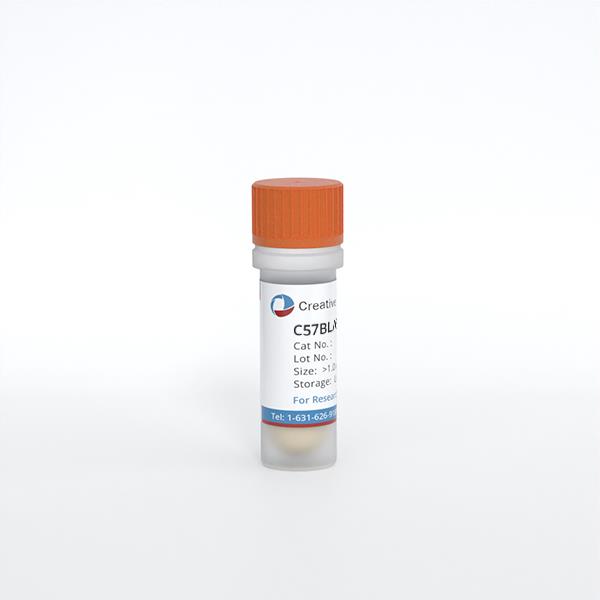Featured Products
- HCC-78
- HDLM-2
- DOHH-2
- L-540
- MX-1
- NALM-6
- NB-4
- CAL-51
- SNB-19
- KYSE-520
- MKN-45
- BA/F3
- MS-5
- HCEC-B4G12
- NK-92
- PA-TU-8988S
- MONO-MAC-1
- PA-TU-8902
- Human Microglia
- Human Hepatic Stellate Cells
- Human Skeletal Muscle Cells (DMD)
- Human Schwann Cells
- Human Oral Keratinocytes (HOK)
- Human Cardiomyocytes
- Human Small Intestinal Epithelial Cells
- Human Colonic Epithelial Cells
- Human Intestinal Fibroblasts
- Primary Human Large Intestine Microvascular Endothelial Cells
- Human Small Intestinal Microvascular Endothelial Cells
- Human Retinal Pigment Epithelial Cells
- Human Hepatocytes
- Cynomolgus Monkey Lung Microvascular Endothelial Cells
- Cynomolgus Monkey Vein Endothelial Cells
- C57BL/6 Mouse Primary Mammary Epithelial Cells
- C57BL/6 Mouse Vein Endothelial Cells
- Rat Primary Kidney Epithelial Cells
- Rat Gingival Epithelial Cells
- Rabbit Lung Endothelial Cells
Our Promise to You
Guaranteed product quality, expert customer support

ONLINE INQUIRY
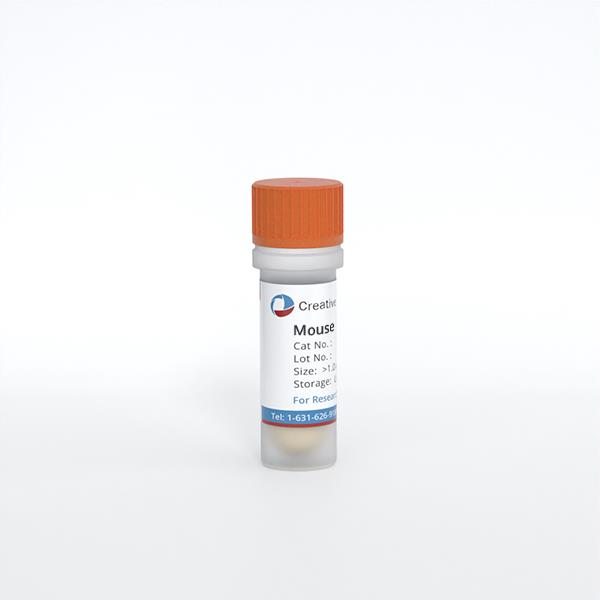
- Specification
- Q & A
- Customer Review
Cat.No.
CSC-C5405S
Description
T cells can be divided into several subpopulations. Among them, Th cells are also called CD4+ cells, which are activated by reacting with polypeptide antigens presented by MHC II. Tc cells, also known as CD8+ cells, can directly bind to antigens through MHC I.
Mouse T lymphocytes from Creative Bioarray are isolated from the mouse peripheral blood. The method we use to isolate mouse T lymphocytes was developed based on a combination of established and our proprietary methods. The mouse T lymphocytes are characterized by immunofluorescence with antibodies specific to CD3.
Mouse T lymphocytes from Creative Bioarray are isolated from the mouse peripheral blood. The method we use to isolate mouse T lymphocytes was developed based on a combination of established and our proprietary methods. The mouse T lymphocytes are characterized by immunofluorescence with antibodies specific to CD3.
Species
Mouse
Types Organ
Peripheral blood
Recommended Medium
SuperCult® Mouse T Lymphocyte Cell Medium
Quality Control
Mouse T Lymphocytes are negative for HIV-1, HBV, HCV, mycoplasma, bacteria, yeast and fungi.
Storage and Shipping
Creative Bioarray ships frozen cells on dry ice. On receipt, immediately transfer frozen cells to liquid nitrogen (-180 °C) until ready for experimental use. Never can cells be kept at -20 °C.
Citation Guidance
If you use this products in your scientific publication, it should be cited in the publication as: Creative Bioarray cat no. If your paper has been published, please click here to submit the PubMed ID of your paper to get a coupon.
Ask a Question
Write your own review
Related Products


